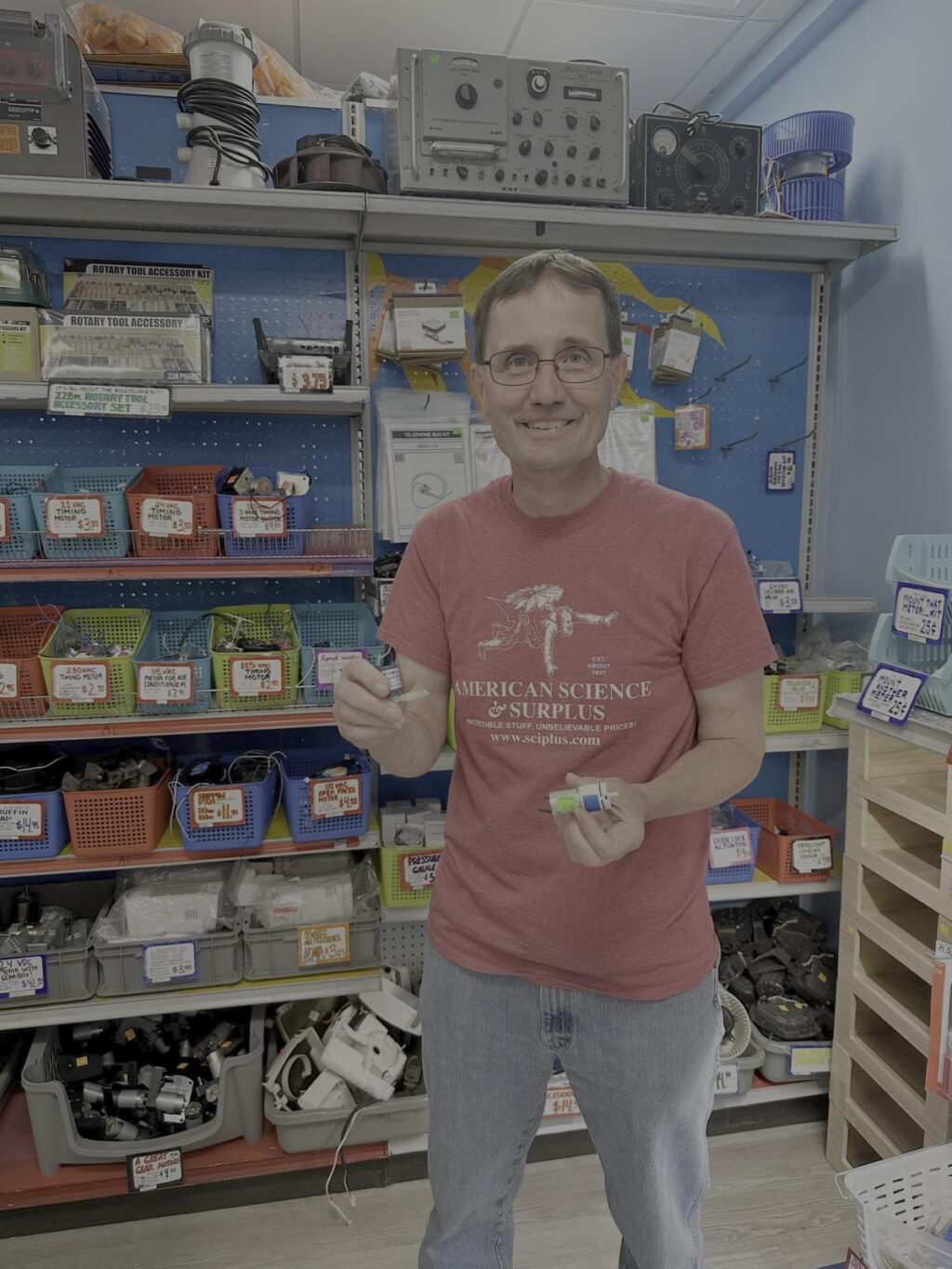-
 chevron_right
chevron_right
Xenomorphs are back and bad as ever in Alien: Earth trailer
news.movim.eu / ArsTechnica · Thursday, 5 June - 14:59
It's been a long wait for diehard fans of Ridley Scott's Alien franchise, but we finally have a fittingly sinister official trailer for the spinoff prequel series, Alien: Earth, coming this summer to FX/Hulu.
As previously reported , the official premise is short and sweet: "When a mysterious space vessel crash-lands on Earth, a young woman (Sydney Chandler) and a ragtag group of tactical soldiers make a fateful discovery that puts them face-to-face with the planet’s greatest threat."
The series is set in 2120, two years before the events of the first film, Alien (1979), in a world where corporate interests are competing to be the first to unlock the key to human longevity—maybe even immortality. Showrunner Noah Hawley has said that the style and mythology will be closer to that film than Prometheus (2012) or Alien: Covenant , both of which were also prequels.



 American Science & Surplus owner Pat Meyer holds the two most popular items in the store: $4 solenoid switches that are used to repair a well-known brand of single-cup coffee makers.
Credit:
Eric Bangeman
American Science & Surplus owner Pat Meyer holds the two most popular items in the store: $4 solenoid switches that are used to repair a well-known brand of single-cup coffee makers.
Credit:
Eric Bangeman